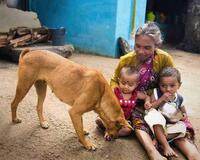Media
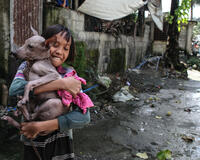
Social Media Photo challenge
Stand a chance of your photo becoming the GARC social media banner picture. Entries close on 31 March 2020, so enter now! See more details inside!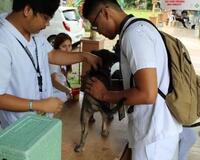
GARC education courses mould young minds in the Philippines into rabies champions
See how others around the world are using GARC’s rabies education platform to better the lives of their communities. This article focuses on how Cavite State University in the Philippines uses the GEP courses to train their students in rabies vaccination techniques to serve as additional person-power during mass vaccination events. Read more here.
Rotary Club of Lipa West tackles Responsible Pet Ownership through education
The Rotary Club of Lipa West recently changed the lives of more than 350 children for the better. They got involved with community education, teaching children about rabies and responsible pet ownership using some of the GARC resources, helping to reduce human rabies cases in the future. Read more about the great work done here.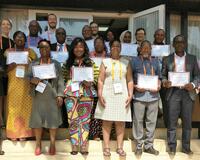
Leading the fight against rabies in West Africa through international collaboration and consultation
West African countries continue to make good progress towards achieving the global goal of Zero by 30 by learning about the latest tools, technologies and strategies for rabies elimination and humane dog population management. Read more about the most recent PARACON workshop here.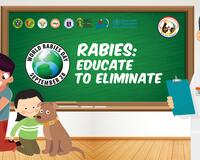
Over 24 million school children to benefit from GARC’s work in the Philippines
It’s true! Twenty-four million children in the Philippines will be reached through GARC programmes. Read here about how GARC has worked tirelessly with local government authorities and other partners in the Philippines to ensure that 24 million children will be educated on rabies.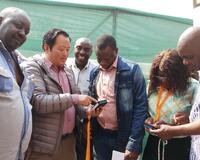
GARC teams up with the OIE and Namibian government to improve rabies control activities in Namibia
Namibian government officials, the OIE and GARC are working together to improve the recording of vaccination data and reduce rabies cases in the north of Namibia. Read about how these efforts have resulted in a marked decrease in the number of animal and human rabies cases due to their mass vaccination efforts.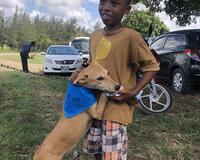
Why dog population management is important for both people and animals: Dog lovers unite at the 3rd ICAM meeting
Not all dogs are equal, but GARC and its partners are working together to change this through humane dog population management (HDPM) – specifically through the ICAM coalition. Read about the importance of HDPM in rabies control and how we can all work together to address this issue.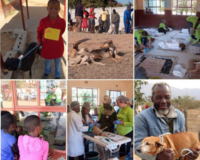
What was achieved with your help for World Rabies Day 2019?
World Rabies Day was once again a massive success, thanks to your participation. Through your activities and efforts, the profile of rabies globally was elevated. Read more about some of the great things that you did around the world.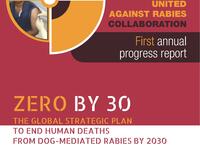
United Against Rabies collaboration celebrates one year of progress towards zero human rabies deaths by 2030
Since the launch of ‘Zero by 30’ in 2018, the United Against Rabies collaboration has made progress to empower, engage and enable countries to reach the rabies elimination goal by 2030. Released today on World Rabies Day, the first annual progress report describes the incremental, collaborative impact of the four partners in promoting the One Health approach and achieving the three objectives of the Global Strategic Plan.